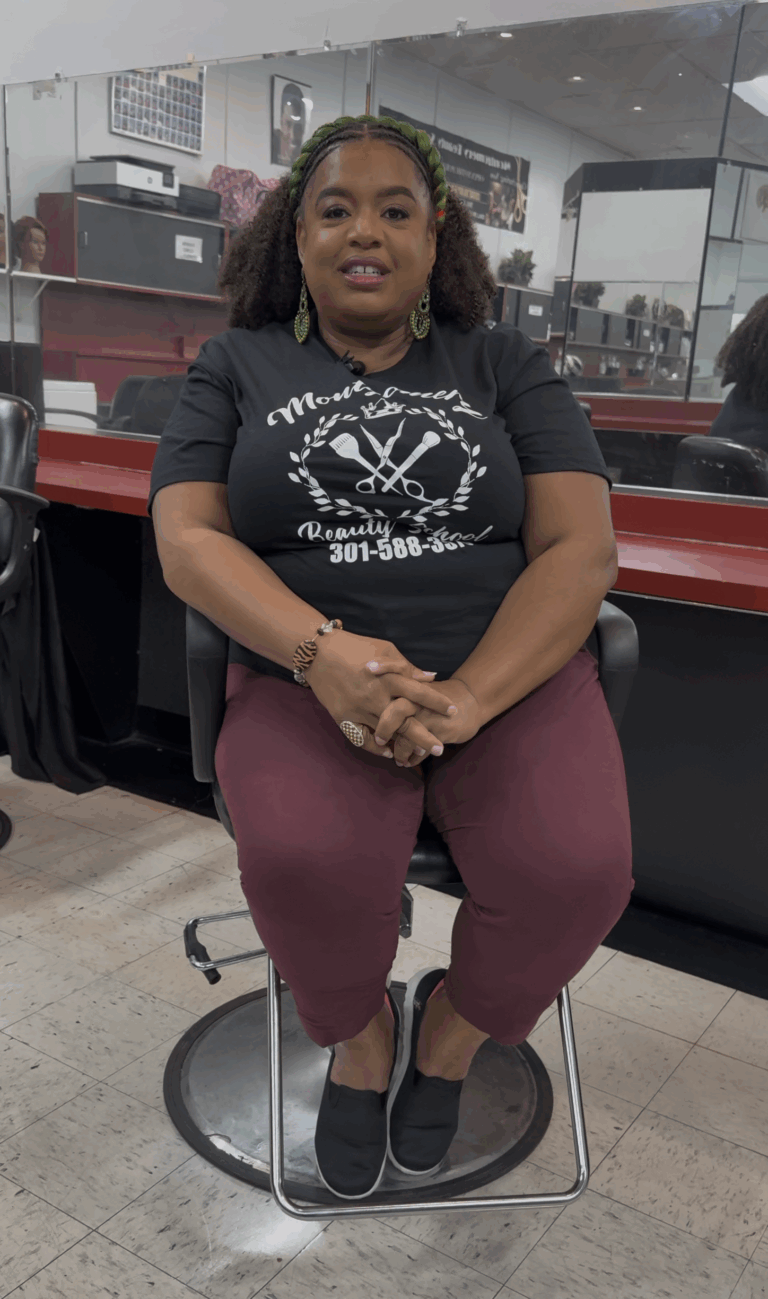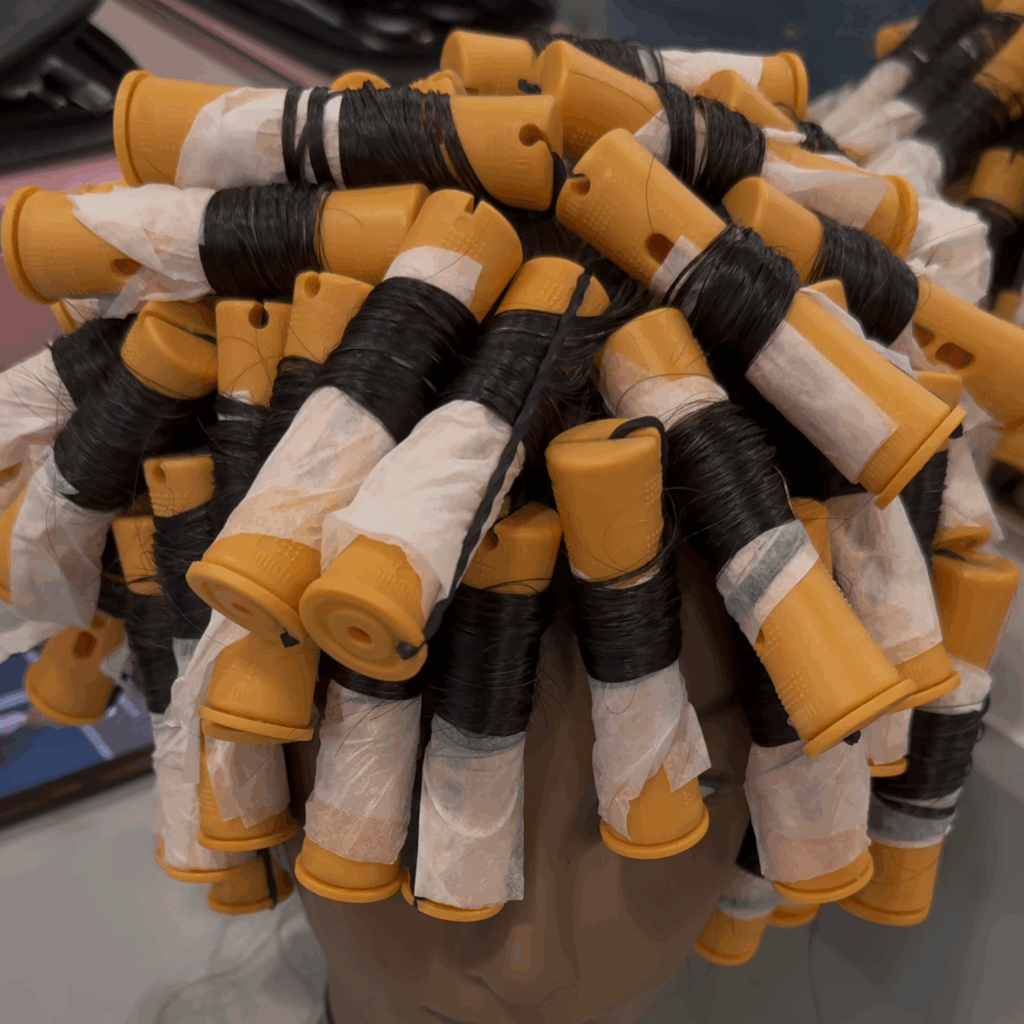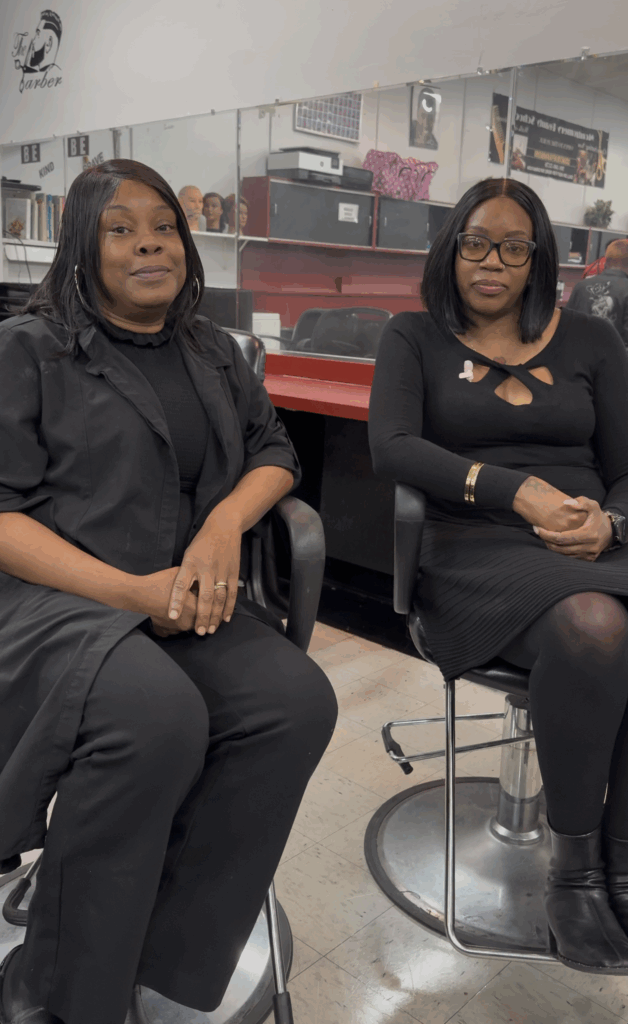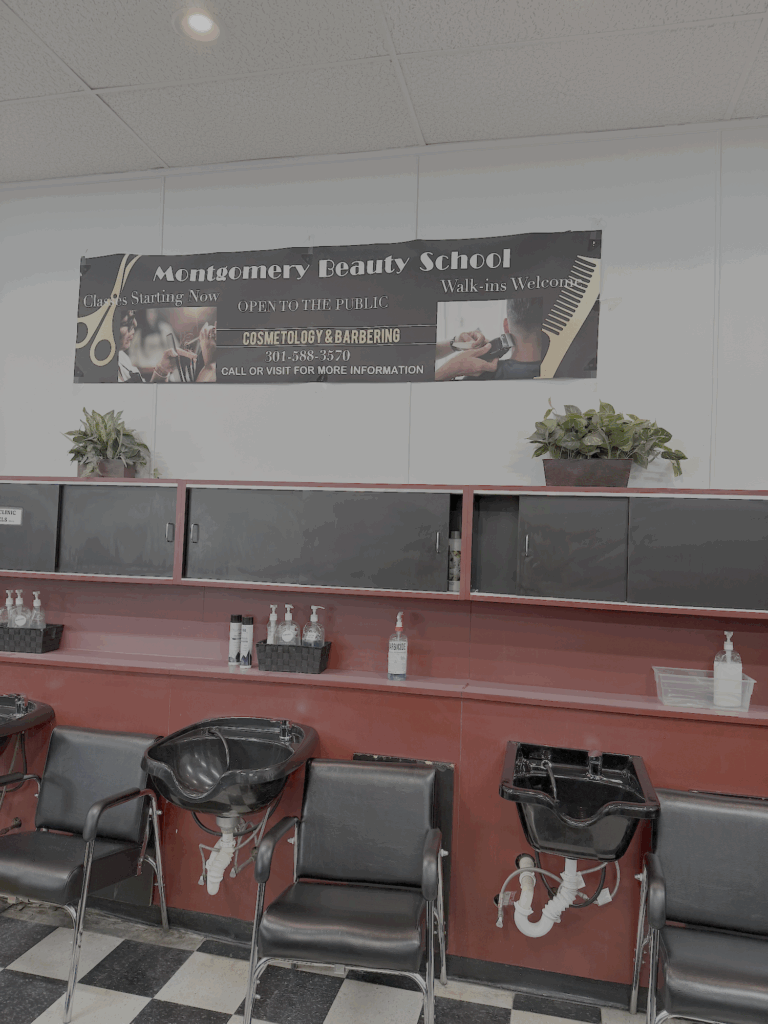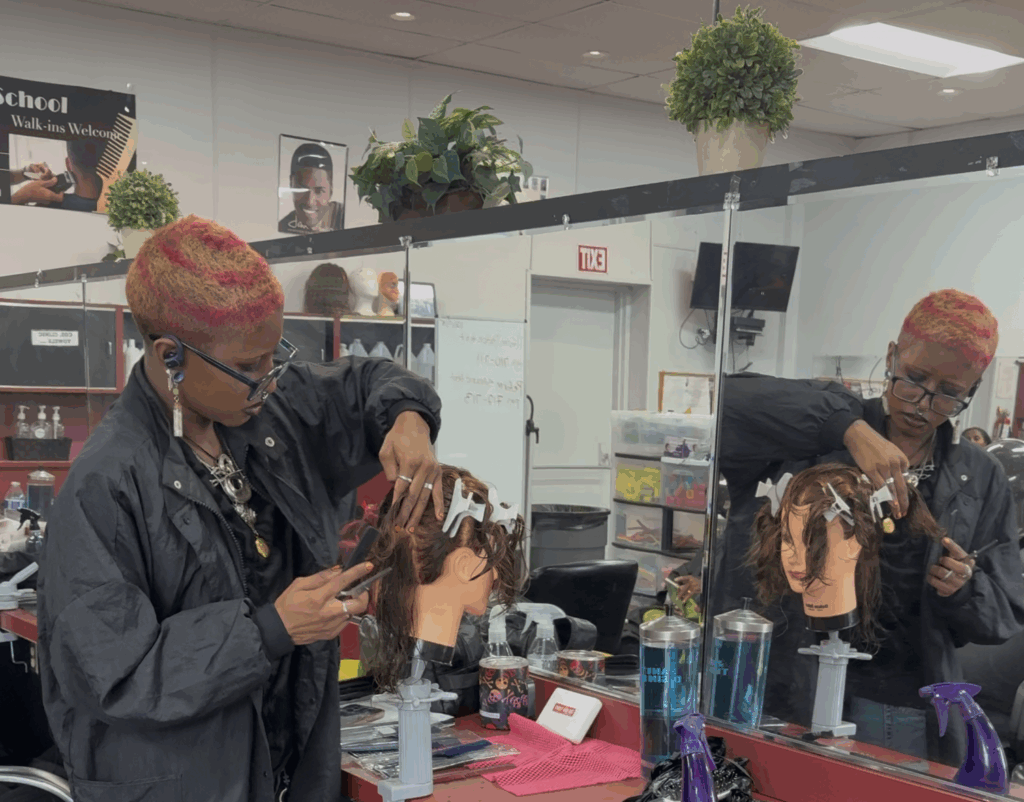
Hands-on jobs are proving to be the most stable and resilient as widespread federal job losses and artificial intelligence are impacting workforces locally and globally.
According to a recent Bureau of Labor Statistics report, the fastest-growing, highest paying jobs of the future are in fields that require skilled expertise and hands-on work, like physician assistant and nurse practitioner positions.
While AI is, in some cases, replacing roles, trade work—from cosmetology and construction to plumbing, electrical work and auto repair—are also a good bet as they depend on creativity, and, most importantly, human connection. These are qualities that, at least for now, machines can’t replicate.
Inside Montgomery Beauty School
At Montgomery Beauty School in Silver Spring, instructors and students alike view trade careers as a stable and promising path for the future.
“With AI, I don’t feel that there would be any competition with it because you still have to do the practical work with an instructor,” said Nicole Malloy, a senior cosmetology evening instructor who’s been at the school for a year. “I would say it makes this industry a bit more lucrative to come into right now because of everything going on with changes in the government, university issues, and AI.”
Trade schools like Montgomery Beauty School offer programs that can be completed within nine and 19 months, leading to certifications that can generate similar incomes to people in the workforce with college degrees, often at a fraction of the time commitment and cost.
“You can have your own certification, which today can count just as much as a high school diploma or degree from college,” Malloy added.
Why Hands-On Experience Still Matters
For Deanna Jenkins, a current student who was laid off after her company merged, pursuing a hands-on trade was her way to take a leap of faith and rebuild her career in an industry that AI can’t easily touch.
“AI has affected some jobs, but not all jobs,” Jenkins said. “AI in this industry can help on the theory side, and if I have questions about something. But sometimes I need an authentic understanding and a person of experience who’s been in positions for a while, and that’s where my instructors come in. That’s something AI can’t give me.”
Jenkins’ sentiment reflects a growing trend, not only amongst experienced adults who are pivoting careers, but also amongst young people who are turning to trade schools instead of four-year universities. Many are drawn to the appeal of learning tangible skills that can lead directly to work—and provide flexibility and independence.
A New Generation Embracing Trades Skills
One barber at the school, who’s been cutting hair for more than 30 years, said the shift is clear.
“It’s more of the younger generation,” he said. “The younger generation is getting more into it because it gives them the freedom to wear their hair however they want.”
While AI continues to redefine what work looks like, the need for skilled hands and human touch isn’t going anywhere. In fact, for many, it might just be the career path of the future.
